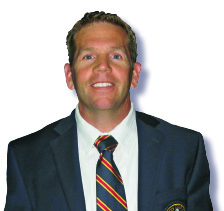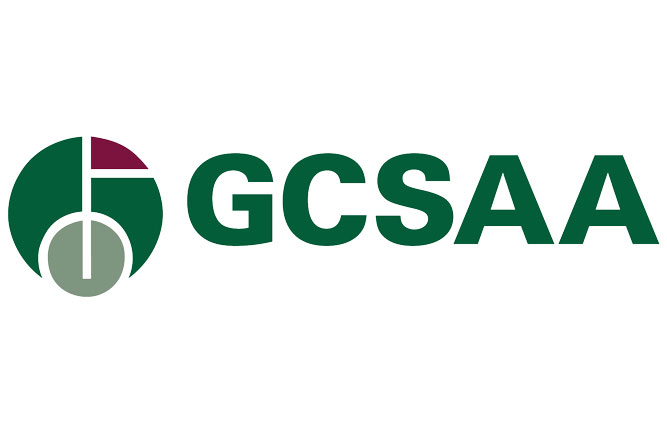On the water front: USGA agronomist puts reclaimed water debate front and center
Brian Whitlark, agronomist with the USGA Green Section Southwest Region, took the stage at the 2013 USGA Education Conference in San Diego, Calif., to talk about alternative water sources for golf course irrigation. And he shined the spotlight most on recycled water.
“Recycled water is a seriously underutilized resource in the golf industry,” Whitlark said, citing a 2009 GCSAA survey that found 12 percent of U.S. golf courses are using recycled water for irrigation. “Clearly, there’s a huge potential for us to embrace the use of recycled water and reduce our demand on potable water sources.”
Formerly known as effluent water, recycled water is treated and cleaned at a sewage treatment plant then pumped through a pipeline to a golf course, where it’s used for irrigation.
There are a few reasons why courses don’t use recycled water, some of which are viable and some of which aren’t, Whitlark said. He rebuffed those who don’t use it just because they already have an available water source.
“I’m afraid that doesn’t fly,” he said. “That’s too short-term thinking. We need to be forward thinking. We have to assume that 10, 20, 30 years from now that drinking water source is not going to be available at our golf course.”
Even the saline content of reclaimed water is a surmountable hurdle, Whitlark said, and one he’s seen courses in his Southwest territory overcome.
But that doesn’t mean reclaimed water isn’t problematic. It can be expensive, Whitlark acknowledged, and some courses — especially older ones — simply don’t have access to a recycled water source.
“In many cases it may cost millions of dollars to get that plumbing to their golf course,” Whitlark said. “This is a significant hurdle and one I think state legislators need to address if they really want golf courses to reduce their demand on potable water sources.”
Whatever the challenges, it’s quite possible for courses to have green, firm conditions while reducing their water use, Whitlark asserted. “I’m of the mindset that we can have our cake and eat it too.”











